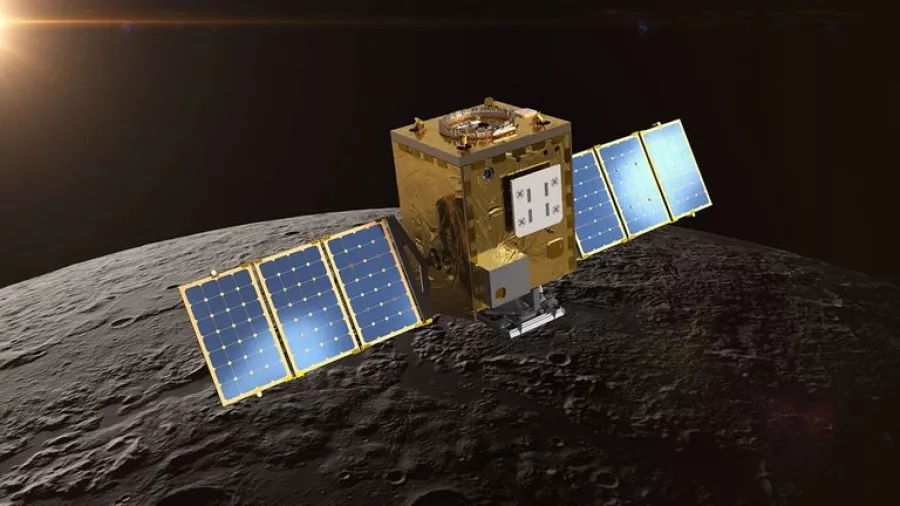 The Hubble Space Telescope has detected what scientists believe may be the oldest galaxy ever observed. It is thought the galaxy is more than 13 billion years old and existed 480 million years after the Big Bang.
The Hubble Space Telescope has detected what scientists believe may be the oldest galaxy ever observed. It is thought the galaxy is more than 13 billion years old and existed 480 million years after the Big Bang.
A Nasa team says this was a period when galaxy formation in the early Universe was going into "overdrive". The image, which has been published in Nature journal, was detected using Hubble's recently installed wide field camera.
According to Professor Richard Bouwens of Leiden Observatory in the Netherlands: "We're seeing these galaxies - 'star cities' - that are building themselves up over cosmic time."
The research team observed rapid growth over a relatively short period of time: Their sample data showed there was just one galaxy in existence about 500 million years after the Big Bang. But this rises to 10 galaxies some 150 million years later. The tally has doubled about 100 million years later.
"You start out with these little seeds in the very early Universe which would eventually have formed stars, then star clusters, baby galaxies then eventually these large majestic galaxies that we know today," according to Professor Bouwens.
"It's very exciting to see this complicated physical process actually take place somewhere that no man has seen before," Professor Bouwens told BBC News.


 In the middle of the 7th century, a plague swept through the walled city of Jerash,...
In the middle of the 7th century, a plague swept through the walled city of Jerash,... A newly discovered species of large dinosaur lived in marshy areas, hunted for fish and had...
A newly discovered species of large dinosaur lived in marshy areas, hunted for fish and had... On February 26, 2025, a NASA probe called Lunar Trailblazer lifted off from Kennedy Space Center...
On February 26, 2025, a NASA probe called Lunar Trailblazer lifted off from Kennedy Space Center... She navigated segregation to become an esteemed mathematician — and today, her work helps billions of...
She navigated segregation to become an esteemed mathematician — and today, her work helps billions of...






























